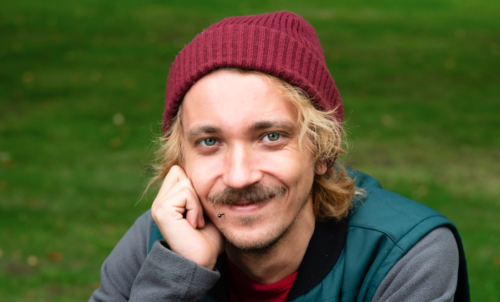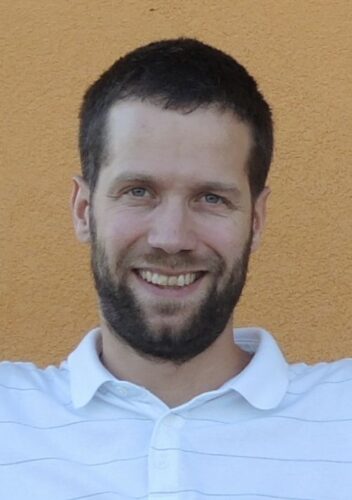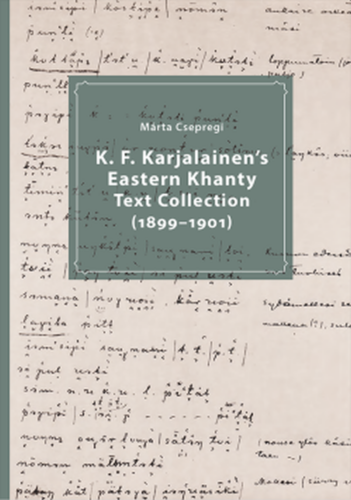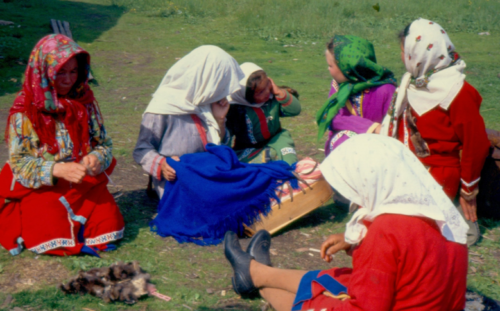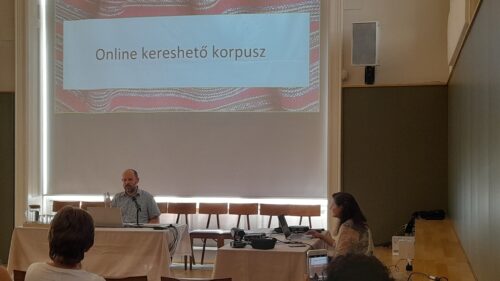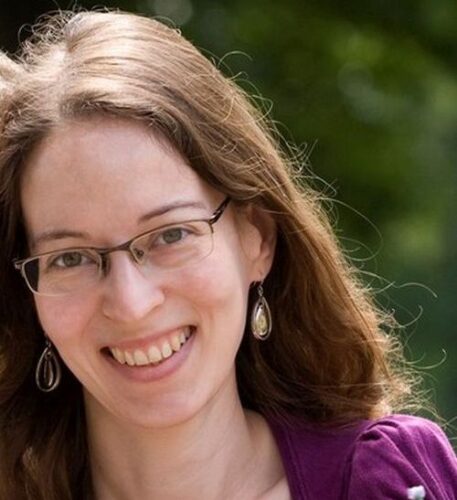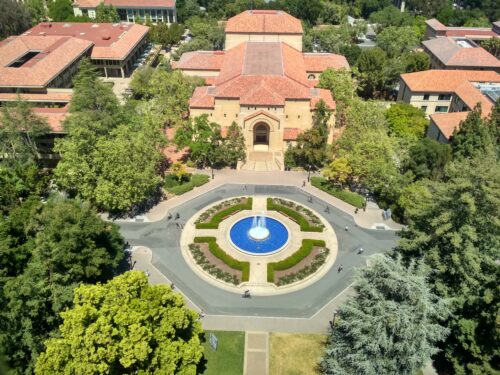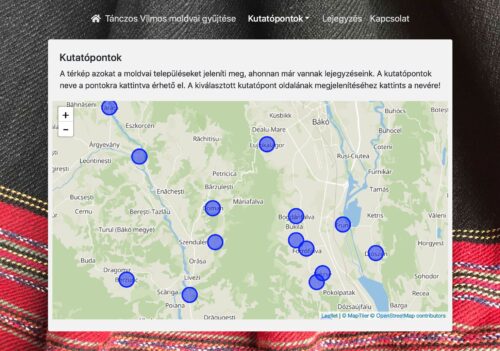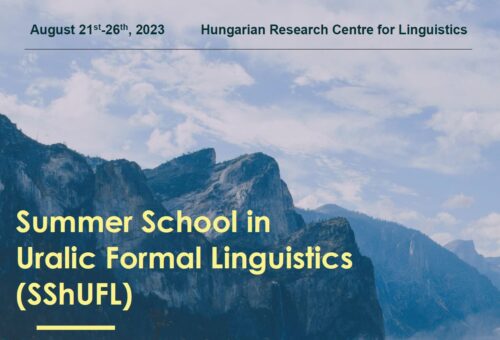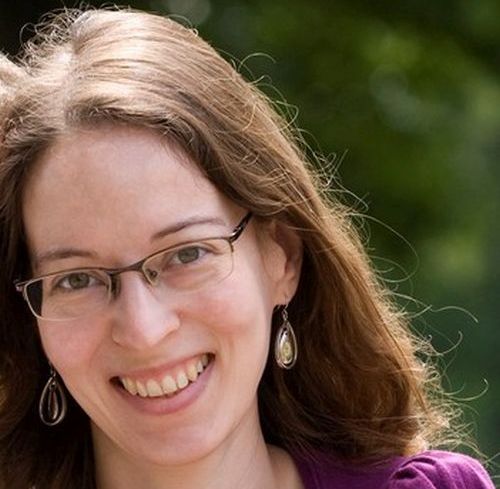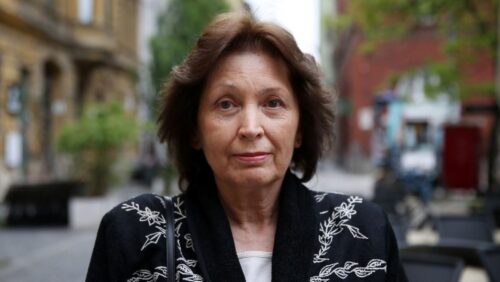Diachronic and Comparative Syntax Research Group•Research area
The Uralic languages of Russia are either endangered or moribund; their speakers are Russian-dominant bilinguals. Most dialects of the Ugric sister languages of Hungarian have no more speakers left. If these languages disappear without their syntax being analyzed and thoroughly described, it will be an irreparable loss for linguistic theory because they abound in phenomena which are either not known or only partially understood by syntactic theory. To mention a few examples: the partial fusion of grammatial functions and discourse roles; differential verb-object agreement and object marking determined by the discourse role of the object and restricted by an Inverse Topicality Constraint; passive and secundative constructions affecting oblique internal arguments; oblique subjects in Khanty; Samoyedic noun phrases marked for tense and mood; 16 different evidential moods in Nenets; 3rd person possessive agreement grammaticalized into a definiteness marker, etc. Without understanding these phenomena, linguistic theory cannot account for the full potential of human linguistic capacity.
Another reason why studying the syntaxes of these languages is a pressing necessity is that without them, the history of Hungarian cannot be learned. Up until recently, historical comparative linguistics mainly relied on the comparison of the phonological make-up of elements of the basic vocabulary; syntactic phenomena proved to be too abstract to compare. We extend the comparative method to syntactic structures, whereby we obtain a large amount of new evidence on the early syntax of Hungarian, and a large amount of new data on its evolution.
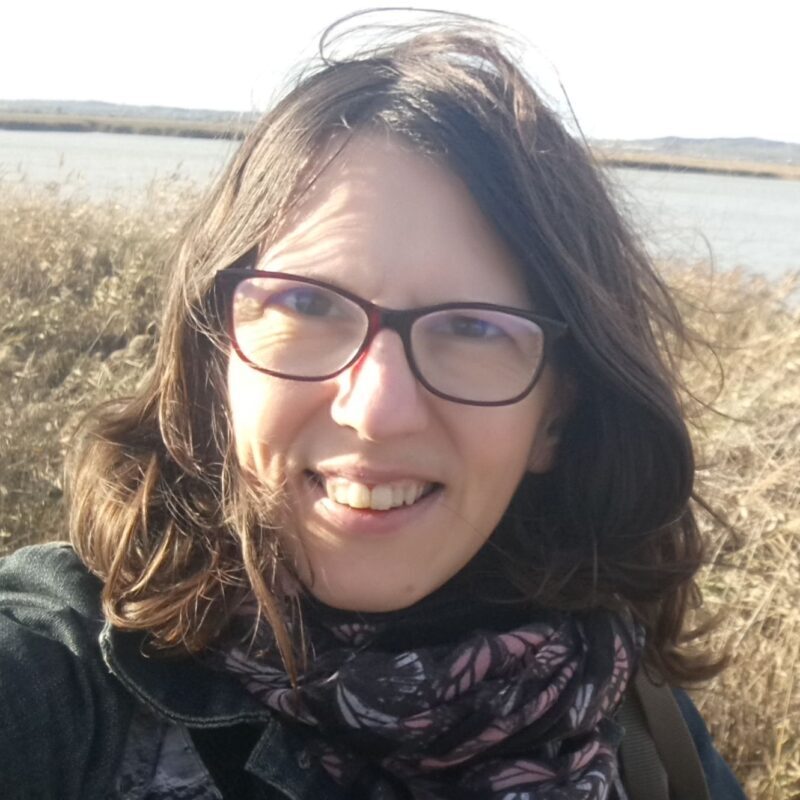 | Research Group Leader: Egedi Barbara, Phd Email: egedi.barbara@nytud.elte.hu Phone: +36 (1) 342-9372/6064 |
Diachronic and Comparative Syntax Research Group•Staff

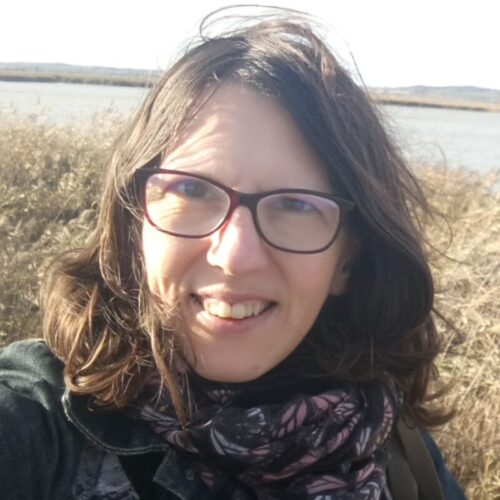
Institute for Historical and Uralic Linguistics

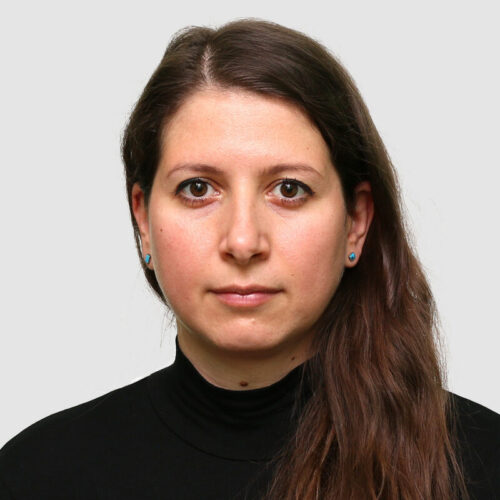

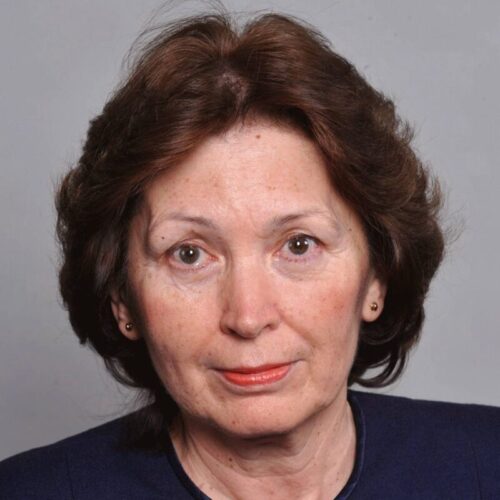

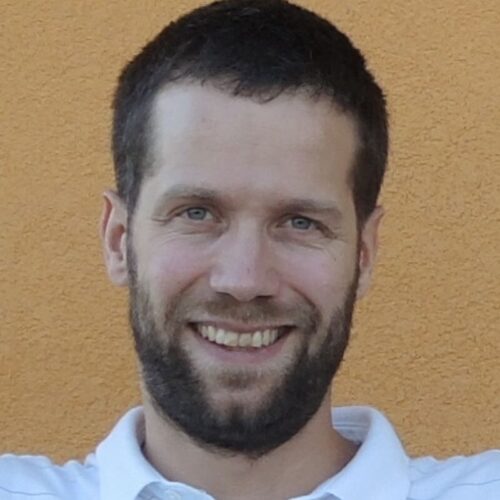
Diachronic and Comparative Syntax Research Group•News
Diachronic and Comparative Syntax Research Group•Events
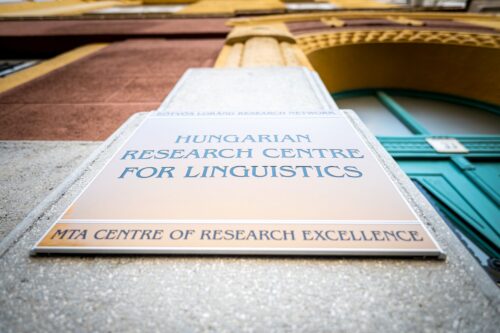
Syntax of Uralic Languages 6 (SOUL6)
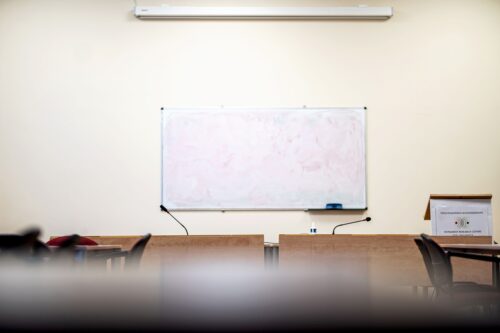
Preschoolers are adult-like in using focus to guide logical scope interpretation: Evidence from Hungarian
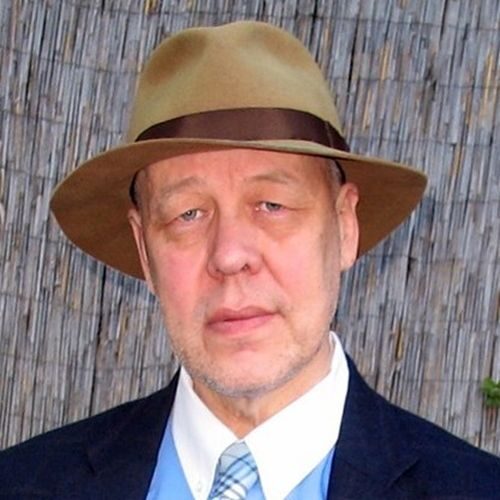
Uralic as an Eurasian language family with transcontinental dimensions
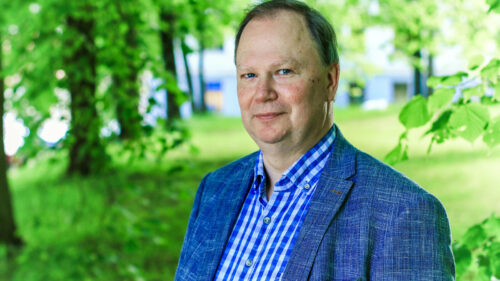
Typological profiles of western Uralic languages in the light of the UraTyp and EstTyp datasets
